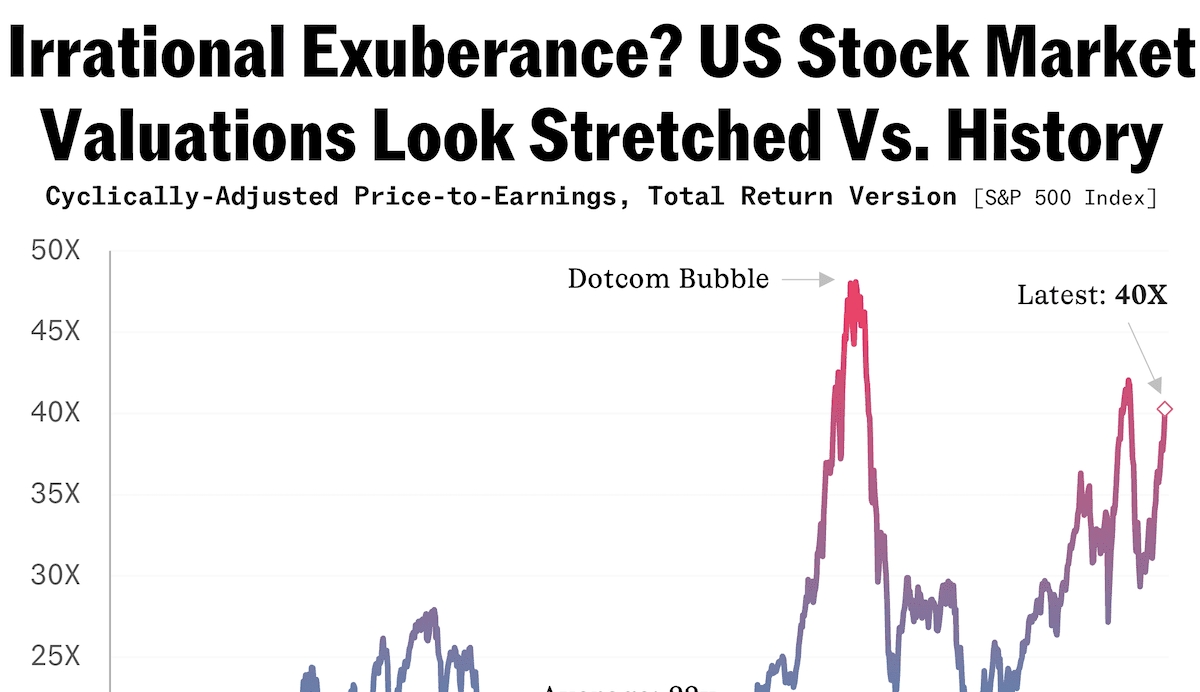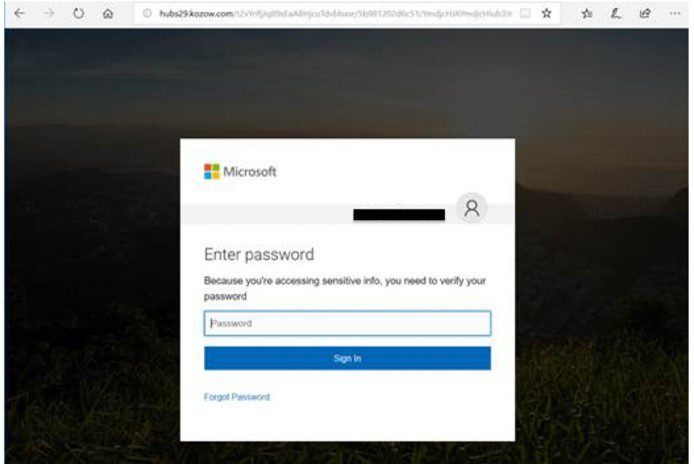Pokémon TCG: GameStop Imposes One-Per-Customer Buying Restriction

Table of Contents
The Reason Behind the Pokémon TCG GameStop Restriction
The overwhelming popularity of the Pokémon TCG has created a perfect storm of high demand and low supply, forcing retailers to take action.
High Demand and Low Supply
The current demand for Pokémon TCG cards is unprecedented. Several factors contribute to this surge:
- Increased Popularity: The Pokémon franchise's enduring appeal across generations fuels consistent interest in the TCG.
- Influencer Marketing: Popular streamers and YouTubers showcasing the game and valuable cards have significantly boosted its profile.
- Investment Appeal: The perceived value and potential for appreciation of rare cards have attracted investors, driving up prices.
- Limited Print Runs of Popular Sets: Many sought-after sets have limited print runs, creating artificial scarcity and fueling speculation.
This confluence of factors has led to a frenzy, with many collectors desperately seeking popular cards like the Charizard from Base Set or the Rainbow Rare cards from newer sets. Speculation and investment play a significant role, with collectors and investors anticipating future value increases, further exacerbating the issue. This creates a challenging environment for both retailers and genuine collectors.
Scalping and Resellers
The high demand has created a breeding ground for scalpers, who buy large quantities of Pokémon TCG products to resell at significantly inflated prices. This practice has several negative consequences:
- Impact on Genuine Collectors: Scalpers prevent genuine collectors from accessing cards at reasonable prices.
- Unfair Pricing: The inflated prices charged by scalpers are detrimental to the hobby's accessibility.
- Frustration Among Players: The inability to find cards at fair prices creates frustration and resentment among the player base.
- Ethical Concerns: Scalping practices are often viewed as unethical, taking advantage of high demand and limited supply.
Examples abound of scalpers utilizing bots to purchase large quantities of sought-after products online, leaving shelves bare and genuine collectors empty-handed. This fuels resentment and contributes to the need for retailer intervention like GameStop's one-per-customer policy.
Impact of the Pokémon TCG GameStop Restriction
GameStop's one-per-customer policy has sparked varied reactions amongst the Pokémon TCG community.
Customer Reactions
The new policy has elicited a range of responses:
- Frustration: Some collectors feel frustrated by the restrictions, perceiving it as an inconvenience that doesn't address the root problem of scalping.
- Understanding: Others understand the need for the restriction, recognizing the problems caused by scalpers and the difficulty in supplying enough product to meet demand.
- Alternative Purchasing Strategies: The restriction has forced collectors to explore alternative avenues for acquiring cards.
- Online Communities' Discussions: Online forums and social media are buzzing with discussions about the policy and its impact, creating a space for shared experiences and problem-solving.
Social media posts reflect a mixture of anger and resignation. Many voice concerns about the limitations, while others accept it as a necessary evil to combat scalpers and ensure fair access for genuine collectors.
Effect on the Resale Market
The Pokémon TCG GameStop restriction is likely to impact the secondary market in several ways:
- Potential Price Increases: The reduced availability from GameStop could further drive up prices on online marketplaces.
- Shifts in Buying/Selling Patterns: Collectors might shift their purchasing strategies to alternative retailers or online platforms.
- Impact on Online Marketplaces (eBay, etc.): eBay and other online marketplaces may see increased activity and potentially higher prices for sought-after cards.
However, completely controlling the resale market remains a challenge. Scalpers will likely find ways to circumvent the restrictions, highlighting the complexities of addressing this issue.
Alternative Strategies for Acquiring Pokémon TCG Products
While GameStop's restrictions present challenges, several alternative strategies can help collectors acquire Pokémon TCG cards:
Online Retailers and Direct Purchasing
Collectors can explore these options:
- Online Stores: Numerous online retailers sell Pokémon TCG products, though availability varies.
- Direct-from-Manufacturer Options: The Pokémon Company International offers some products directly, sometimes bypassing the retail chain. Check their website for updates.
- Pre-Orders: Pre-ordering popular sets can help secure cards before they sell out.
- Attending Local Game Stores: Support local game stores, which often receive smaller shipments and may have better availability than larger chains.
Careful research and monitoring of online stock are crucial for success.
Joining Communities and Trading
Engaging with the community offers significant advantages:
- Trading Cards with Other Collectors: Trading is a great way to acquire cards without relying on retailers.
- Participating in Events: Local game stores and hobby shops often host events where you can buy, sell, and trade cards.
- Building a Network: Connecting with other collectors online and offline builds relationships and expands trading opportunities.
Building a network of fellow enthusiasts facilitates ethical and mutually beneficial trading, potentially providing access to sought-after cards without resorting to scalpers.
Conclusion
GameStop's one-per-customer Pokémon TCG GameStop restriction is a direct response to the high demand, low supply, and prevalent scalping within the Pokémon TCG market. The policy has created mixed reactions, but it underscores the challenges faced by both retailers and collectors in navigating this dynamic hobby. While the restriction aims to level the playing field, it doesn't eliminate the problem entirely. Understanding the root causes of this issue and exploring alternative strategies, as discussed above, is crucial for successfully building and maintaining a Pokémon TCG collection. Stay informed about the latest developments regarding Pokémon TCG availability and buying restrictions to effectively navigate this competitive market and participate in the community ethically.

Featured Posts
-
 Bof As Take Why Stretched Stock Market Valuations Shouldnt Concern Investors
May 29, 2025
Bof As Take Why Stretched Stock Market Valuations Shouldnt Concern Investors
May 29, 2025 -
 Mamardashvili Sorprendente Actuacion Y Clave Del Partido
May 29, 2025
Mamardashvili Sorprendente Actuacion Y Clave Del Partido
May 29, 2025 -
 From X Files To Heisenberg How Bryan Cranstons Early Roles Shaped His Career
May 29, 2025
From X Files To Heisenberg How Bryan Cranstons Early Roles Shaped His Career
May 29, 2025 -
 Cybercriminal Makes Millions From Executive Office365 Inboxes
May 29, 2025
Cybercriminal Makes Millions From Executive Office365 Inboxes
May 29, 2025 -
 Dhkra Alastqlal Frst Lltaml Waltkhtyt
May 29, 2025
Dhkra Alastqlal Frst Lltaml Waltkhtyt
May 29, 2025
